The research support from the UGC has gone a long way to generate massive research activities in the department. Teachers and Research scholars have devoted themselves in active research works on "Regional Studies". This South Asian Economy constitutes the main thrust of such studies. This book is the outcome of such kind of research effort. We express our sincere gratitude to Professor A. Basumajumdar, Honable Vice Chancellor, North Bengal University for his generous help and unfailing support for over research endeavors. A common belief held by some economists that persistent budget deficits leads to higher interest rates, thus hindering capital formation. However, economists disagree whether large budget deficits affect the real economy. The Keynesian open economy hypothesis states large budget deficits may increase interest rates and appreciate the domestic currency and other currencies, crowding out investment spending and net exports. Alternatively, proponents of the Ricardian equivalence proposition claim that deficits have no real effects since households adjust their savings to offset anticipated future tax liabilities implicit in deficits for a given path of government spending. Therefore, interest rates are unaltered and budget deficits have no adverse macroeconomic effects. Under this circumstances it is quite pertinent for a researcher to investigate the presence of such kind of relationship among SAARC countries.
Budget Deficit and Interest Rate in SAARC Countries: A Time Series Approach
In stock
Free & Quick Delivery Worldwide
reviews
Bibliographic information
Title
Budget Deficit and Interest Rate in SAARC Countries: A Time Series Approach
Author
Edition
1st ed.
Publisher
Abhijeet Publications, 2011
ISBN
9789380031996
Length
vi+151p., Illustrations; 22cm.
Subjects

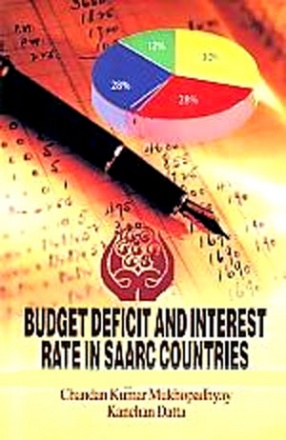
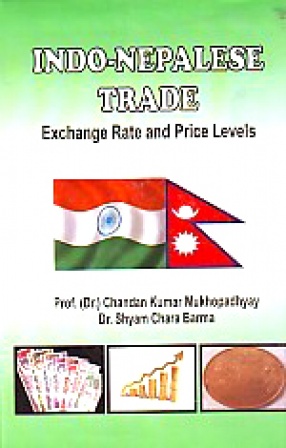
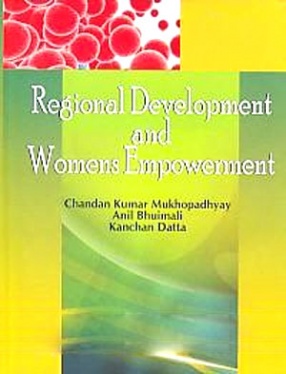
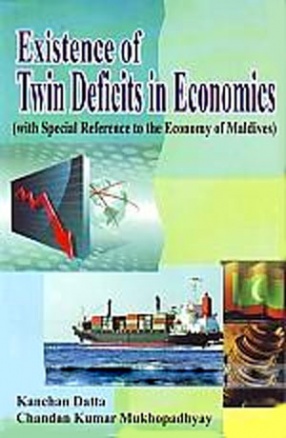
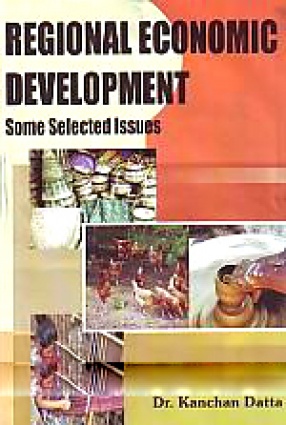
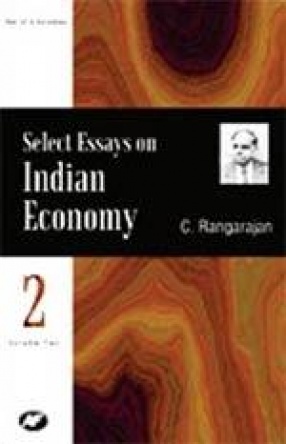
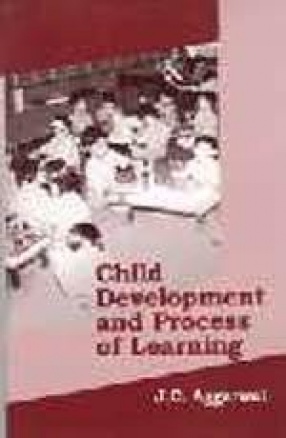

There are no reviews yet.